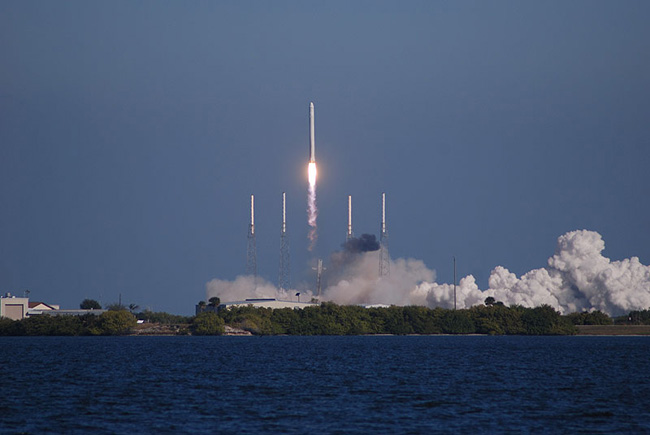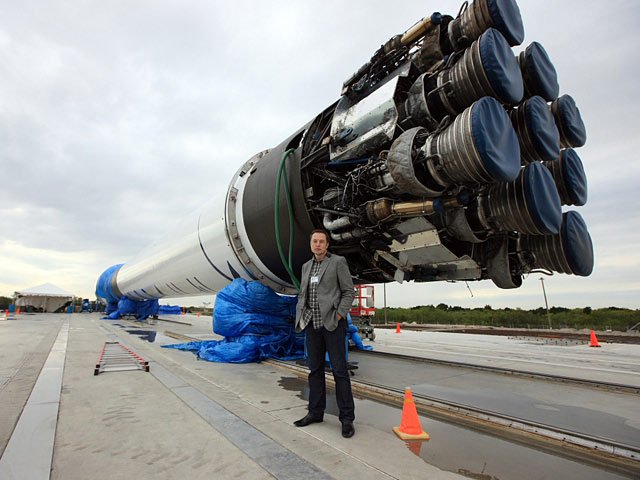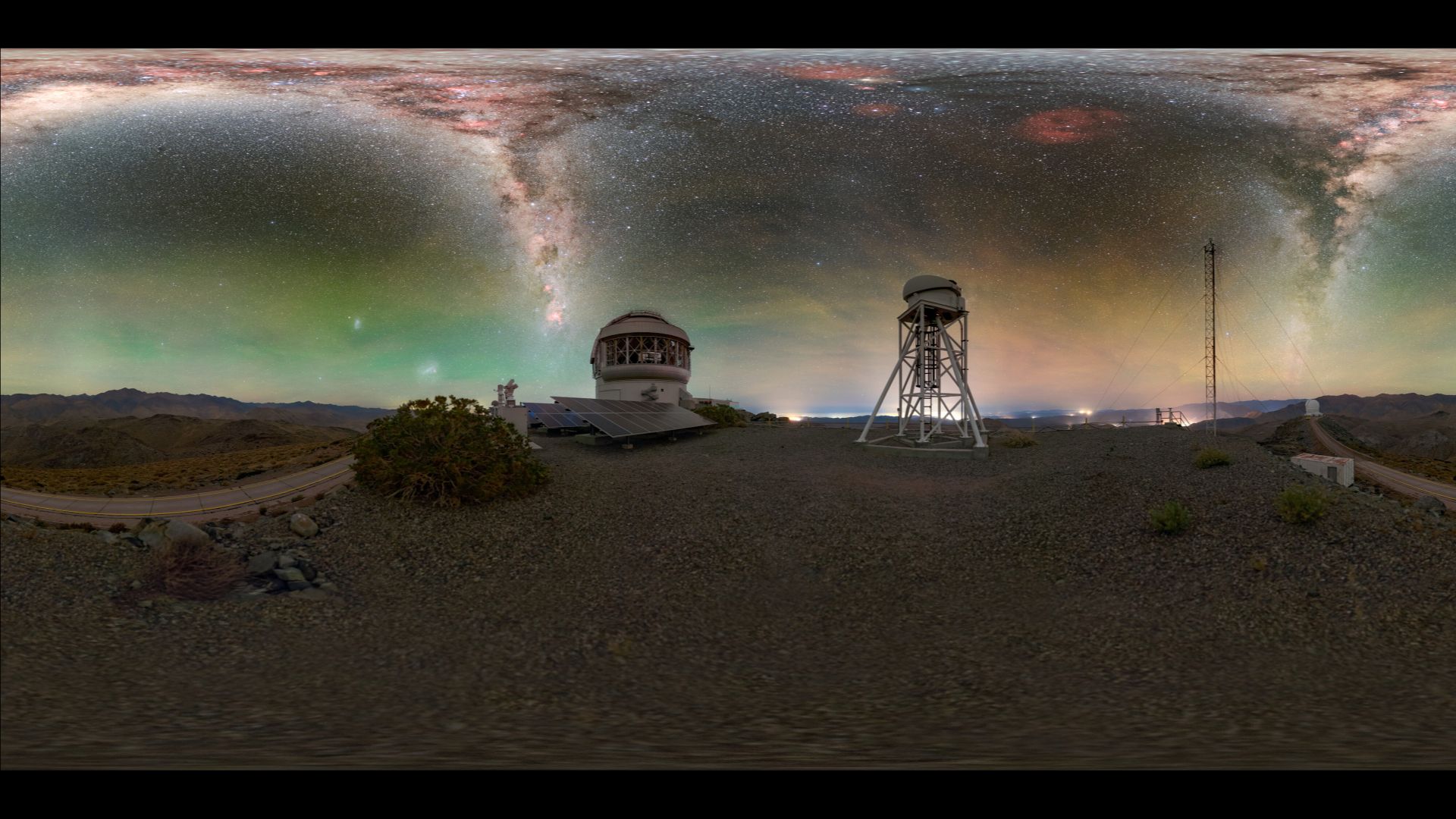Private Rocket Price Check: SpaceX Chief Elon Musk Sets the Record Straight

Low launch prices offered to NASA by U.S. spaceflight firm SpaceX led a puzzled Chinese official to admit that China could not beat them. Now SpaceX chief Elon Musk has laid out the reasons for his company's competitive edge and called it a triumph for American innovation over cheaper overseas labor costs.
SpaceX has a fixed price under its NASA contracts to ferry astronauts and supplies to the International Space Station over 12 missions. Musk expects his private rocket company's offered launch prices to only go down in the future as performance increases. [Photos: SpaceX's Falcon Rockets and Dragon Capsules]
"China has the fastest growing economy in the world," Musk said in a statement. "But the American free enterprise system, which allows anyone with a better mouse-trap to compete, is what will ensure that the United States remains the world’s greatest superpower of innovation."
SpaceX can control its costs well because it oversees most of the spaceflight operations, ranging from its Falcon 9 rockets to the Dragon space capsules that can carry seven astronauts to orbit. That's more than double the seating capacity of the Russian Soyuz that currently ferries astronauts and cosmonauts, and at less than a third of the price per seat. [Vote Now! The Best Spaceships of All Time]
Any cost overruns would be covered by SpaceX and not U.S. taxpayers, Musk said.
According to Musk, SpaceX's private rocket launch prices are based on the following:
- The price of a standard flight on a Falcon 9 rocket is $54 million;
- The average price of a full-up NASA Dragon cargo mission to the International Space Station is $133 million including inflation;
- The total company expenditures since being founded in 2002 through the 2010 fiscal year were less than $800 million;
- The Falcon 9 launch vehicle was developed from a blank sheet to first launch in four and half years for just over $300 million;
- The Dragon spacecraft was developed from a blank sheet to the first demonstration flight in just over four years for about $300 million;
- SpaceX has been profitable every year since 2007.
"Moreover, SpaceX intends to make far more dramatic reductions in price in the long term when full launch vehicle reusability is achieved," Musk said. "We will not be satisfied with our progress until we have achieved this long sought goal of the space industry."
Breaking space news, the latest updates on rocket launches, skywatching events and more!
This story was provided by InnovationNewsDaily, a sistersite to SPACE.com. Follow InnovationNewsDaily on twitter @News_Innovation, or on Facebook.

Space.com is the premier source of space exploration, innovation and astronomy news, chronicling (and celebrating) humanity's ongoing expansion across the final frontier. Originally founded in 1999, Space.com is, and always has been, the passion of writers and editors who are space fans and also trained journalists. Our current news team consists of Editor-in-Chief Tariq Malik; Editor Hanneke Weitering, Senior Space Writer Mike Wall; Senior Writer Meghan Bartels; Senior Writer Chelsea Gohd, Senior Writer Tereza Pultarova and Staff Writer Alexander Cox, focusing on e-commerce. Senior Producer Steve Spaleta oversees our space videos, with Diana Whitcroft as our Social Media Editor.


